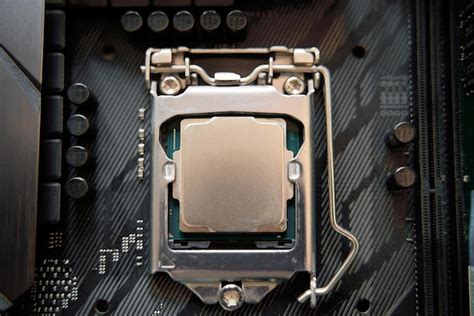the role of smart contracts in decentralized applications (dapps)
Cryptocurrency has revolutionized the way we think about money and transactions. With the rise of decentralized applications (Dapps), a new era of digital economy is emerging, where blockchain technology plays a crucial role. At the heart of dapps lies smart contracts, self-executing contracts with the terms of the agreement written directly into lines of code. In this article, we’ll delve into the role of smart contracts in decentralized applications and explore how they transforming the digital economy.
What are smart contracts?
Smart contracts are computer programs that execute automatically upon specific conditions or when certain events occur. They were first introduced by cryptographer vitalik buterin on the Bitcoin whitepaper in 2014. The term “Smart Contract” referers to a self-executing program that automates its own execution, without intermediates like lawyers, banks, or other third-party services .
Decentralized Applications (Dapps)
A dapp is an application built on top of Blockchain Technology, which allows users to interact with the platform using cryptocurrencies and tokens. Dapps can range from simple websites to complex applications that use AI, gaming, and social networking features. The most notable example of a dapp is Ethereum’s decentralized Social Media Platform, Metamask.
Role of Smart Contracts in Dapps
Smart Contracts Play A Critical Role in Decentralized Applications for Several Reasons:
- Autonomy : Smart Contracts Enable the Creation of Autonomous Applications that can make decisions and take actions without Human Intervention.
- Efficiency : Automated Execution Reduces Transaction costs and speeds up the development process.
- Security : Smart contracts provide a secure way to verify and enforce the terms of agreements, reducing the risk of disputes or malicious activities.
how smart contracts work in dapps
Here’s an overview of how smart contracts work in dapps:
- Smart Contract Development : The Creation of a Smart Contract Involves Defining Its Functionality Using Code.
- DEPLOYMENT : The Smart Contract is deployed on a blockchain platform, such as ethereum.
- Execution
: When the smart contract is executed, it automatically carries out its defined tasks and rules based on predefined conditions or events.
Real-World Examples
Several successful dapps have utilized smart contracts to achieve their goals:
- DecentRaland : A virtual reality platform that allows users to create, experience, and monetize content in a decentralized manner.
- Holy Coin : A Cryptocurrency-Based Social Media Platform that uses Blockchain Technology to verify the authenticity of opinions and sentiment on specific topics.
- The Graph : A decentralized data marketplace that enables developers to build dapps using their own smart contracts.
Benefits of Smart Contracts in Dapps

The benefits of smart contracts in dapps include:
- Increased Security : Automated Execution Reduces the risk of cyber throats or malicious activities.
- Improved Efficiency : Smart Contracts Enable Faster Transaction Processing Times and Reduced Costs.
- enhanced transparency : the use of blockchain technology ensurs that all parties involved can be the entire history of transactions.
Challenges and Limitations
While Smart Contracts are a game-changer in dapps, they also present severe Challenges and Limitations:
- Complexity : Smart Contracts Require Significant Expertise to Develop and Deploy.
- Scalability : The scalability of smart contracts can be a concern for large-scale applications.
- Interoperability : Different Blockchain platforms may not support the same smart contract languages or interfaces.
